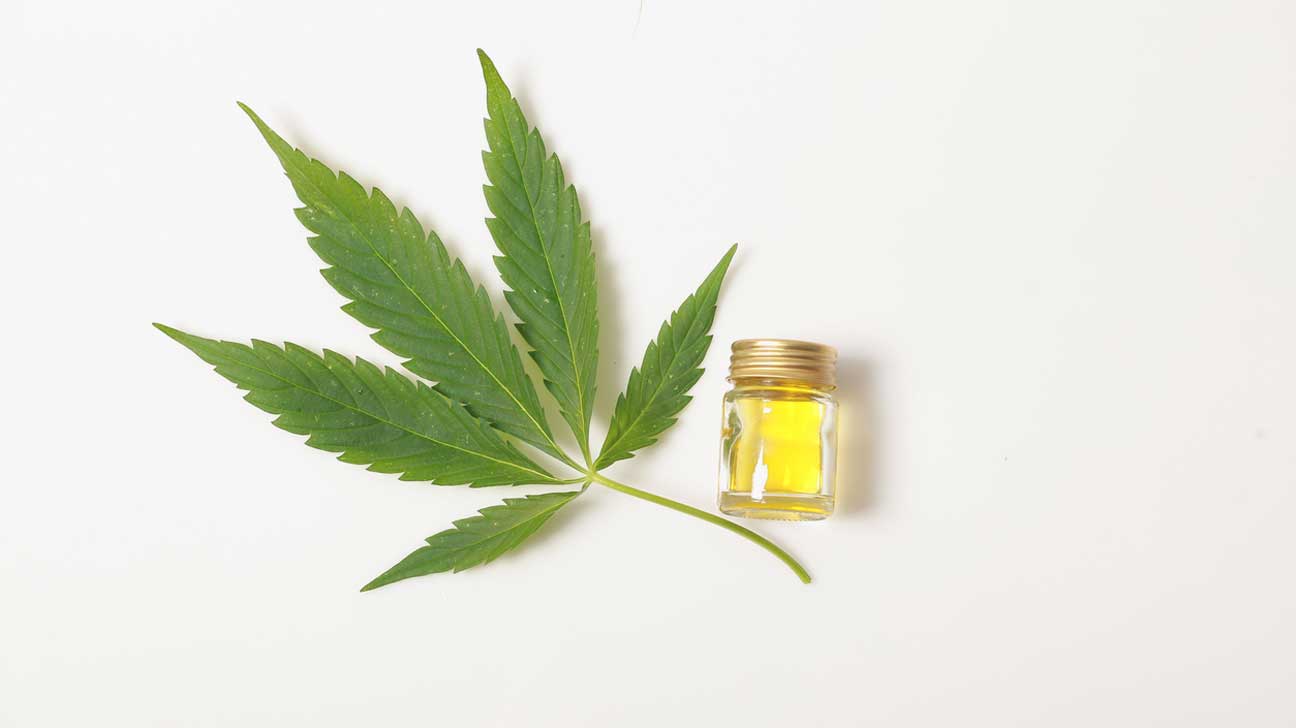Counseling Patients on Proper Use of CBD Products
With a wide array of cannabidiol (CBD) and CBD extract products available without a prescription, pharmacists have an increasingly important role to play in counseling patients on which products may work for them and how they should be properly used.
Cannabis plants are used to make both medical and recreational products, according to Danielle Fixen, PharmD, BCGP, BCPS, of the University of Colorado Skaggs School of Pharmacy and Pharmaceutical Sciences, in a session at the virtual 2021 American Pharmacists Association (APhA) 2021 Annual Meeting and Exposition. Cannabis, or marijuana, contains higher concentration of tetrahydrocannabinol (THC), whereas CBD is easier to extract and has lower amounts or no THC. There are several types of CBD products, and the different labels and formulations are important to consider when stocking these items in the pharmacy, Fixen said. Full-spectrum CBD is created from the plant itself, rather than being manufactured synthetically, and contains other cannabinoids and trace amounts of THC. Similarly, broad-spectrum CBD contains other cannabinoids, but does not contain THC. Finally, CBD isolate is created by extracting the plant matter and removing naturally occurring elements, and it often uses harsh or toxic chemicals. Hemp, on the other hand, contains CBD but is more difficult to extract, and contains less than 0.3% THC, Fixen said. Notably, pharmacists should know that hemp oil is not the same thing as CBD oil. The endocannabinoid system (ECS) is a complex cell-signaling system which regulates and balances many processes. It is composed of endocannabinoids, including anandamide (AEA) and 2-arachidonoylglycerol (2-AG). Pharmacists should consider the ECS for many reasons when discussing CBD products with patients, but most notably because it modulates dopamine, serotonin, glutamate, norepinephrine, gamma-aminobutyric, and acetylcholine. Fixen also discussed the cannabinoid receptors CB1-which controls the central nervous system, spinal cord, peripheral nervous system, peripheral tissues, and organs-and CB2 which influences the gastrointestinal tract, immune cells, and peripheral tissues. CBD is an indirect antagonist of CB1 and CB2 agonists, and is highly lipophilic with a high volume of distribution. It is metabolized by CYP3A4 and CYP2C9, and inhibits CYP2C19 and CYP2D6. Notably, Fixen said CBD has a half-life of 18 to 32 hours and poor oral absorption, with just 12% to 18%. Patients should be aware of adverse effects, which can include nausea, diarrhea, headache, drowsiness or sedation, fatigue, and dry mouth. It may increase the effects of alcohol, anti-epileptic medications, antipsychotics, benzodiazepines, beta-blockers, opioids, selective serotonin reuptake inhibitors, and warfarin. Use of CBD has been heavily debated in recent years both because of these potential adverse effects and because it is relatively unregulated. In 2019, Fixen said, the FDA issued a warning that CBD could be potentially harmful, with severe impacts including liver injury, altered metabolism of other drugs, male reproductive toxicity, and increased sedation. Despite its potential therapeutic benefits, researchers have also suggested that it could have negative cardiovascular impacts. When selecting CBD products to carry in the pharmacy or recommend to patients, Fixen said clinicians should demonstrate a framework and consider various delivery methods. Common CBD delivery methods include inhaled products, suppositories, oral products, and topical creams or patches. Inhaled formulations have an immediate onset and peak effect within 30 minutes, lasting up to 2 hours, Fixen said. It is easier to dose since effects are immediate, although Fixen said vaporization is typically preferred over smoking. Suppositories also have a fast onset and can last between 4 and 6 hours. When advising patients on this option, pharmacists should note that some suppository products must be stored in the refrigerator. Oral tablets and capsules have an onset of between 1 and 6 hours, and a longer duration of 6 to 8 hours. Fixen said these products may be a better option for patients seeking relief over a long period of time, and patients should be advised that if taken with a high fat or high calorie meal, oral options increase peak concentration. Sprays and sublingual options have a shorter onset, between 15 and 120 minutes. They are dosed with a dropper, syringe, spray, or sublingual tablet, and are oil-based with coconut, olive, or sesame oil. Sublingual absorption achieves a faster onset, although it should be noted that tinctures may contain between 10% and 40% alcohol. Finally, Fixen outlined some basic standards to maintain when considering CBD products. Pharmacists should recommend products that are made in a state that has legalized recreational and medical use of cannabis, that are full or broad-spectrum CBD oil extract, that have a certificate of analysis and labeling indicating the amount of CBD per serving, and CBD that is obtained from high-resin cannabis. Products should not be considered if they are made from a foreign source; isolate, distillate, or say "pure CBD;" only list total cannabinoid content; and are derived from the seed or stalk of a hemp plant. By carefully considering pharmacokinetics, potential adverse effects, and appropriate products for their patients, Fixen said pharmacists can effectively counsel their patients on safe products and appropriate usage.